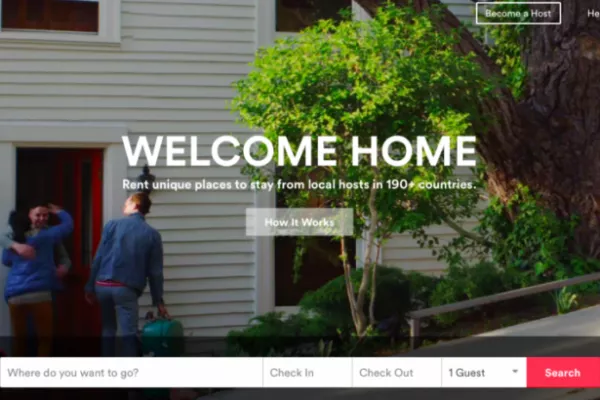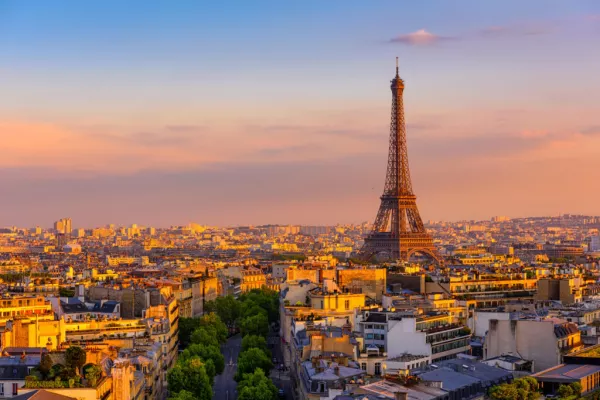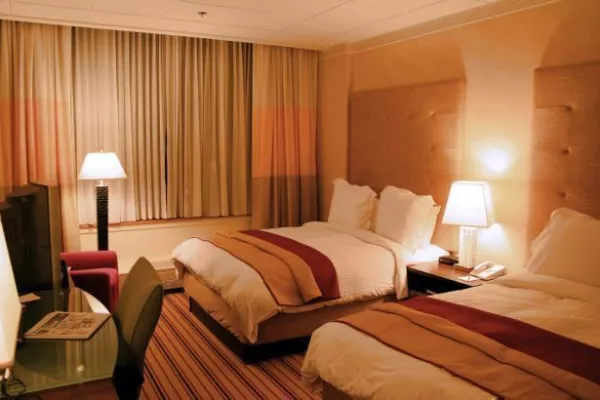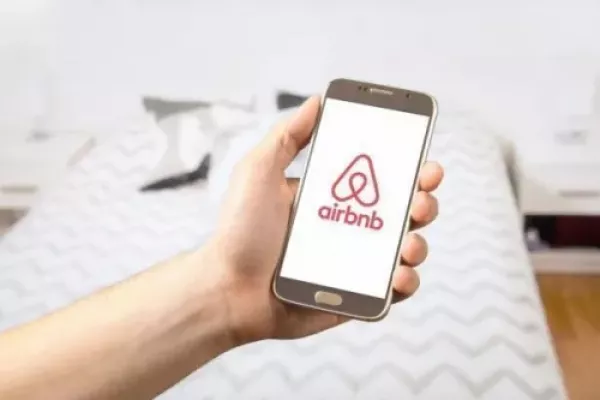Vancouver is set to introduce new restrictions on Airbnb, Expedia’s HomeAway unit and other short-term rental operators as Canada’s priciest housing market seeks to ease its near-zero supply of homes to let.
“Housing is first and foremost for homes, not to be operated as a business,” Mayor Gregor Robertson told reporters on Wednesday.
Under the new rules, residents will only be able to rent principal residences and will be required to obtain a business license and pay as much as a 3 percent tax on stays. Rentals of secondary suites, laneway homes and investment properties will be prohibited. City officials said they would be ready to pursue legal action against violators, as well as a C$1,000 ($770) fine.
The new regulations are set to be formally approved next week by the city council, where Robertson’s Vision Vancouver party holds a majority. They would be enacted by next April, according to a statement.
Robertson has pushed to regulate housing more tightly amid a public outcry over the lack of affordable homes for residents despite studies showing that as many as 66,000 dwellings in Vancouver are vacant or temporarily occupied. Home prices have more than doubled over the past decade in the city, which consistently tops the world’s most livable rankings.
Dark Windows
Public scrutiny has focused on landlords, particularly from abroad, who park their cash in investment properties where windows remain dark through the year. The city introduced a tax on empty homes in January following the province’s 15 percent levy on foreign buyers last August, after discovering more than C$1 billion of global cash had flowed into local properties over a five-week period.
The city estimates there are more than 5,000 active short-term listings in Vancouver even though zoning regulations prohibit renting a home for fewer than 30 days. Only licensed bed-and-breakfasts are allowed to do so. The vacancy rate for those seeking long-term rental housing is currently 0.8 percent, Robertson said.
“HomeAway is deeply concerned with this proposal because it includes a ban on secondary homes,” said Philip Minardi, director of policy communications at HomeAway’s parent Expedia. “Vancouver has been home to whole-home vacation rentals for decades, it’s nothing new.”
Hottest Sector
HomeAway, Airbnb and other home-rental websites argue that travelers are increasingly turning to them and skipping traditional hotels altogether. The rise of Airbnb has made home rentals the hottest part of the accommodations industry, with Expedia buying HomeAway in 2015 and Priceline Group Inc.’s Booking.com quickly adding new home rentals to its accommodation offerings. Even traditional hotels have gotten into the business, such as European hotel giant Accor SA, which bought high-end home-rental site Onefinestay last year.
Restricting the supply of short-term home rentals by banning secondary homes from the market could make Vancouver a less appealing destination for some tourists, Minardi said. A spokeswoman for Airbnb was not immediately available to comment.
Robertson, who had hinted at the new rules in a May interview, had said then that Vancouver studied cities that had tried to cap the number of nights being rented out per year and found “enforcement is impossible.”
Vancouver’s benchmark home prices rose to C$998,700 in June, up 7.9 percent from a year earlier, the Real Estate Board of Greater Vancouver said Wednesday. Residential sales dropped 11.5 percent and new listings fell 2.6 percent.
News by Bloomberg, edited by Hospitality Ireland









